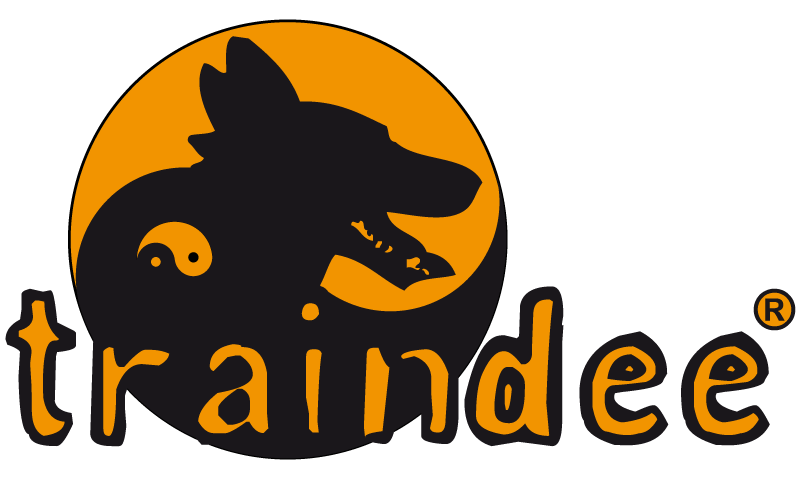The American Pit Bull Terrier dog breed

The American Pit Bull Terrier, a medium-sized terrier breed indigenous to the United States, boasts a sleek, well-muscled physique and an endearing grin.
Despite the unfortunate and inaccurate stereotypes associated with pit bull-type dogs as being aggressive, American Pit Bull Terriers are typically known for their unwavering loyalty and affection for humans.
Nevertheless, it’s important to note that they may not always be as amicable with other dogs, and they might regard smaller animals as potential prey.
Characteristics of the American Pit Bull Terrier
American Pit Bull Terriers typically possess a friendly and affectionate nature. They commonly exhibit a playful temperament and enthusiastically partake in games and canine sports alongside their human companions. Furthermore, they tend to be responsive to training efforts.
History of the American Pit Bull Terrier
The lineage of the modern American Pit Bull Terrier can be traced back to early 19th-century England. Breeders artfully combined bulldogs and terriers to yield spirited, brave, and athletically gifted canines known for their gentleness toward their families.
These dogs evolved into versatile working companions, capably herding livestock, assisting in hunts, safeguarding properties, and taking on various other responsibilities. They also served as cherished family pets.
Regrettably, American Pit Bull Terriers were subjected to inhumane blood sports, including bull baiting and dog fighting, which contributed to their unjust portrayal as aggressive animals, leading to bans in certain regions. The topic of the so-called listed dogs (incorrectly referred to as fighting dogs)
In the mid-1800s, this breed made its way to the United States, where it underwent further refinement. In a pivotal moment in 1898, the United Kennel Club was established, and the American Pit Bull Terrier was the inaugural breed on its registry, representing the founder’s very own dog.
Throughout the 20th century and into the modern era, American Pit Bull Terriers have assumed diverse roles in society. Beyond being beloved companions, they have excelled as service and therapy dogs, as well as in police, military, and search-and-rescue capacities. Notably, the American Kennel Club has yet to officially recognize this breed.
American Pit Bull Terrier Care
American Pit Bull Terriers require daily physical activity to prevent the development of behavioral issues. Proper training and socialization are essential to promote a positive image for the breed, which is often unfairly stereotyped as lacking manners and being unruly. Fortunately, grooming is straightforward for this breed.
Exercise
Given their athleticism, exercise is of paramount importance. Aim for at least an hour of daily physical activity, which can include brisk walks, jogging, hiking, and playing fetch. Engaging your American Pit Bull Terrier in dog sports offers both mental and physical stimulation. Failing to provide an appropriate outlet for their energy can result in destructive behavior, hyperactivity, or other problems. Additionally, be mindful of their penchant for chewing and strong jaws, so provide durable chew toys.
Grooming
Maintaining the American Pit Bull Terrier’s short, smooth coat is relatively easy. Weekly brushing helps remove loose fur and distribute skin oils. You may notice increased shedding during seasonal transitions, so an extra brushing per week can help manage it. Baths should occur roughly once a month, depending on how soiled your dog becomes. In between baths, use a damp towel to freshen your dog up. Regularly check their nails for the need to trim and inspect their ears at least weekly for wax buildup, debris, redness, or any irregularities. Brushing your dog’s teeth daily is also advisable.
Training
Proper training and socialization are imperative for American Pit Bull Terriers, starting at a young age. There’s added pressure on this breed to exhibit good behavior to counteract negative stereotypes. Many experts recommend Canine Good Citizen certification to teach them to remain calm and well-mannered in diverse situations.
In general, this is an intelligent and trainable breed that responds well to positive training methods. Consistency with your commands is crucial, as they can be stubborn without it. Expose your dog to various people and situations in a positive manner to instill comfort and confidence. While some Pit Bulls can coexist peacefully with other household pets, socialization can be challenging due to their strong prey drive and history of dog fighting. Always leash your dog during walks and supervise interactions with other dogs, as they tend not to back down from a challenge, even if they don’t initiate fights.
Common Health Problems
American Pit Bull Terriers are typically robust dogs, but they can be predisposed to certain inherited health issues, such as:
- Hip dysplasia
- Canine atopic dermatitis
- Hypothyroidism
Diet and Nutrition
Ensure your dog has constant access to fresh water, and provide them with a high-quality, nutritionally balanced canine diet, usually served in two carefully measured portions each day. It’s advisable to consult your veterinarian to determine the most suitable diet type and quantity, as these factors can vary based on your dog’s size, activity level, age, and other individual considerations.
Moreover, exercise caution when offering treats and additional food to prevent overindulgence. Many American Pit Bull Terriers are motivated by food and may eagerly beg or perform tricks for a treat. To maintain their ideal weight, you can allocate a portion of their daily meals for treats, rather than introducing extra food into their diet.





